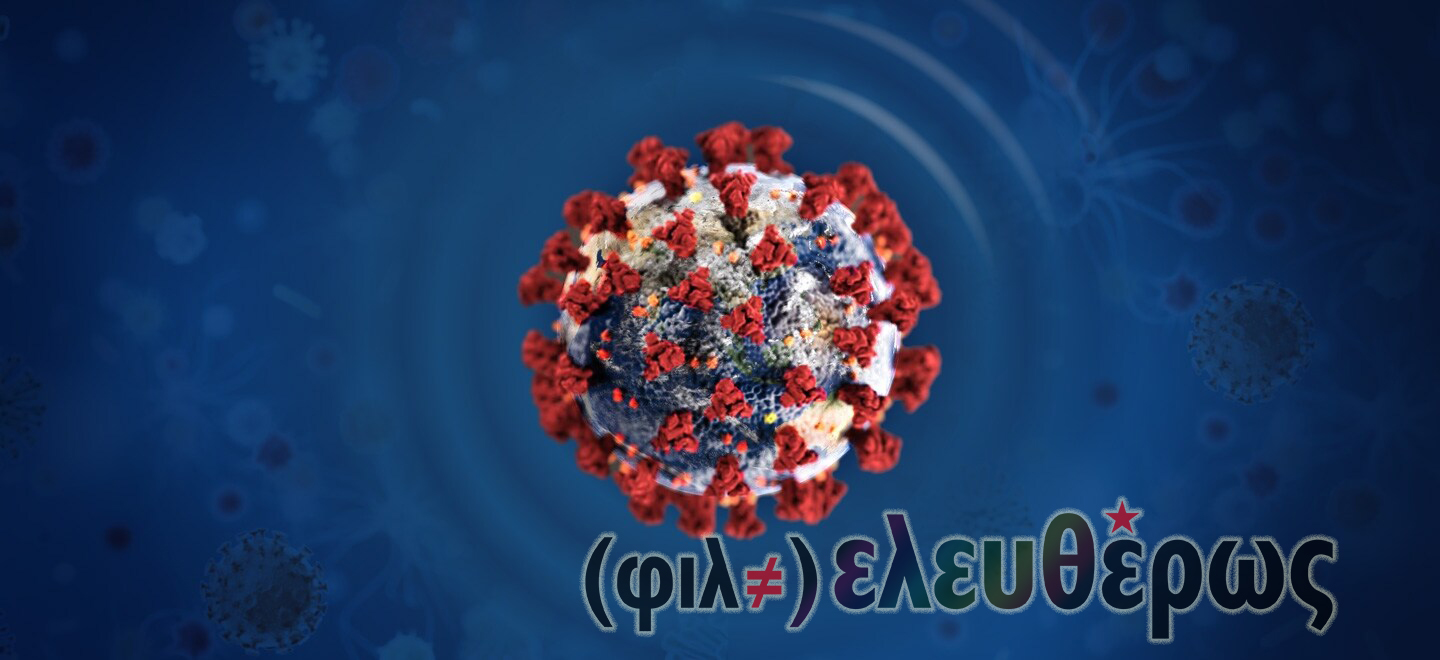
This pandemic however is very different because it strikes at a time of relative prosperity, rather than absolute poverty, and as such, people are quite unfamiliar with misery and premature death. This time the disease affects the developed world and invades our homes through “live connections” with massive TV broadcastings and through the omnipresent social media in a way that is very similar to the coverage we have seen for recent wars. Additionally, the disease now threatens the health care systems of the most advanced nations and challenges the very methods of care that have increased the average human life expectancy. Likewise, in the age of globalization, the effects of a health crisis on the economy, business, and employment will be dramatic. The economy today is much different from the one during the time of plague, cholera, typhus and tuberculosis.
We all hope that people and their public health systems will recover soon. But they must be prepared to withstand first the enormous demographic pressures that predictably will test their resilience and also the new and fast approaching health crises, which have been quite common (since the 1970s we’ve seen HIV, cholera, ebola, MERS, SARS-CoV, Zika, hemorrhagic fevers, etc.). Climate change is triggering new diseases, either by exacerbating extreme weather events, or by “transferring” diseases from one climate zone to another, or by releasing currently unknown viruses from once permanently frozen areas that are now melting. Our best defense is first a timely intervention that will prevent pandemics and second a new approach to health, known as “One Health,” which means that we must concurrently secure good health for the people, society, ecosystems and the environment.
Importantly, the economy must get back up on its feet, however, it should emerge as a new and improved economy. According to some studies, the economy could recover in 6-months to one year’s time by meeting the following four conditions:
– Conduct mass testing, test the majority of citizens, similar to what Germany does (they conduct 100,000-200,000 tests per day), in order to determine the infection status of a large percentage of the population. Greece has not yet followed this model (only 22,000 tests have been done) and has not yet acquired the needed resources and test kits, but to get out of the lockdown situation safely, large segments of the population will need to be tested, otherwise, the danger of a severe recurrence will constantly be around the corner.
– Improve and reconstruct the National Health Care System so it can effectively respond to periods of crises, but also discover an effective medication for COVID-19.
– Substantially increase the monetary liquidity (using state/national, international, and regional – in our case European resources) in the actual economy, in business, and in the markets, so that we can avoid the collapsing domino-effect that has begun and is sweeping all economies. Developed economies can more easily mobilize resources for recovery, but many countries will not be able to do so.
– Avoid the return to an unsustainable model of overconsumption by linking the availability of monetary liquidity and the recovery of the economy with a (global) plan for a green turn of the economy and with social innovation in areas such as public health, social politics and social integration. The objective here will be to integrate the monetary liquidity with the strengthening of the society, and with an effective protection from the next and even bigger and more difficult to control crisis, that of climate change/collapse.
The sad thing is that it is very difficult for people to engage in the pursuit of these critical objectives because after so much social distancing and home-isolation they would likely prefer to forget hard work and planning and instead blow off steam through some mindless “retail therapy.”